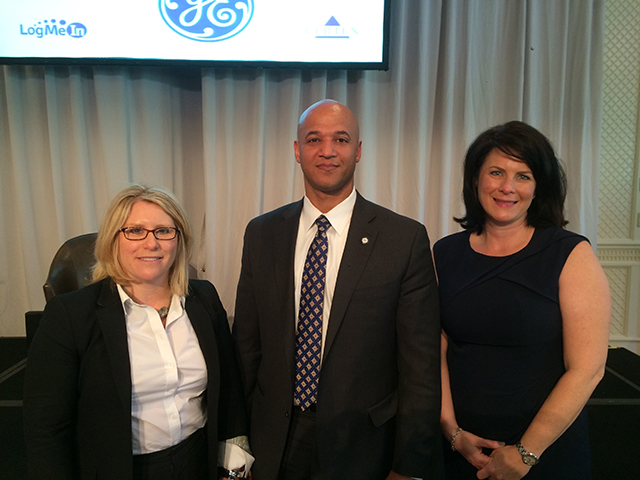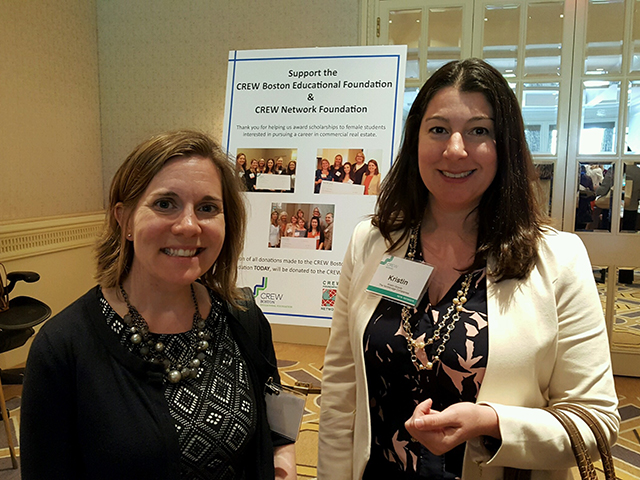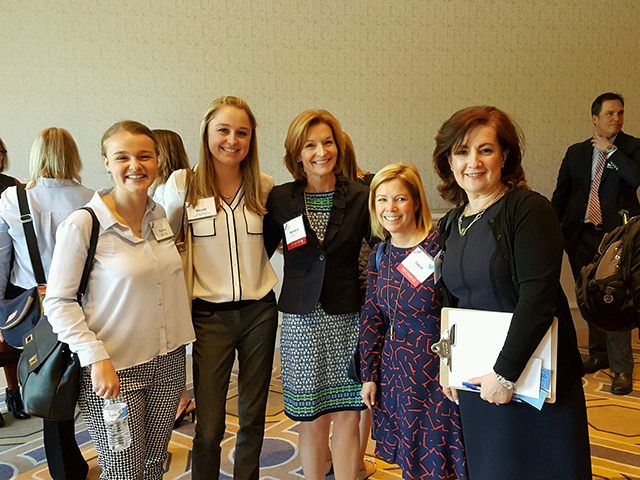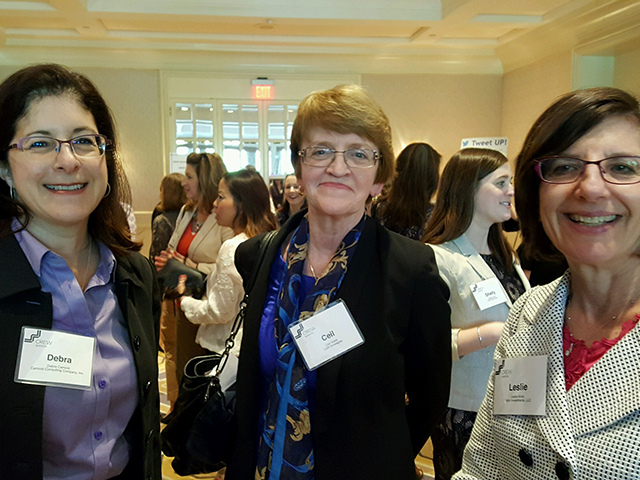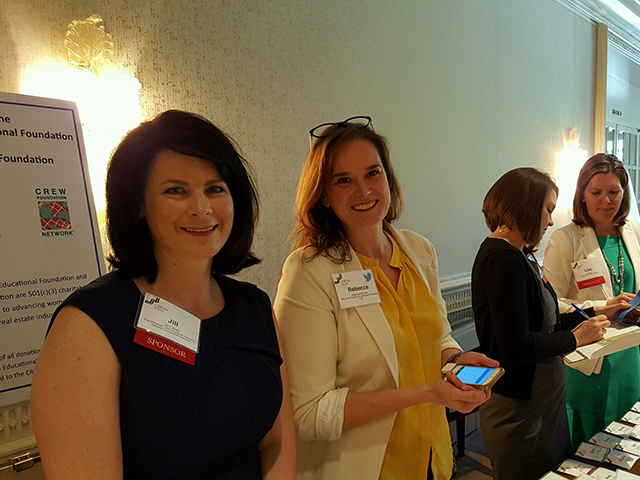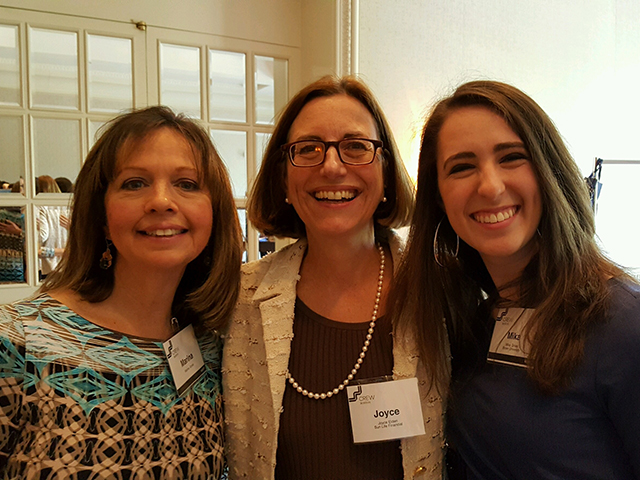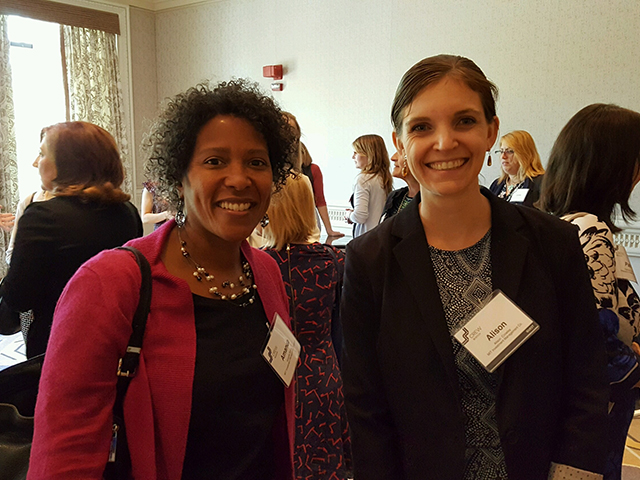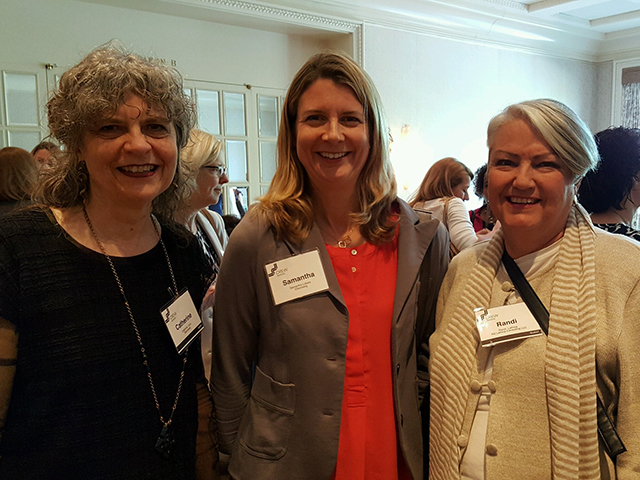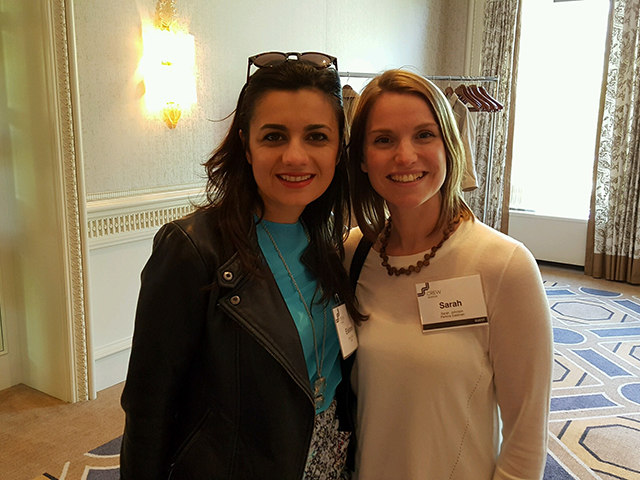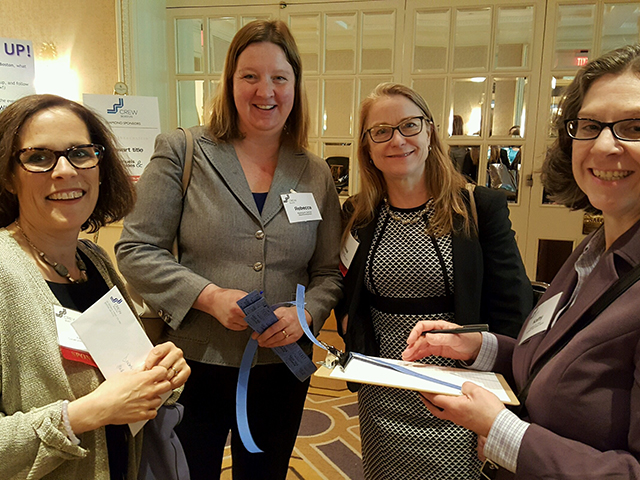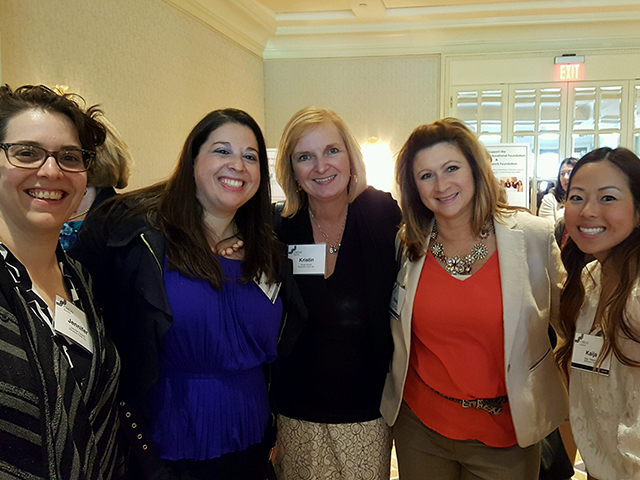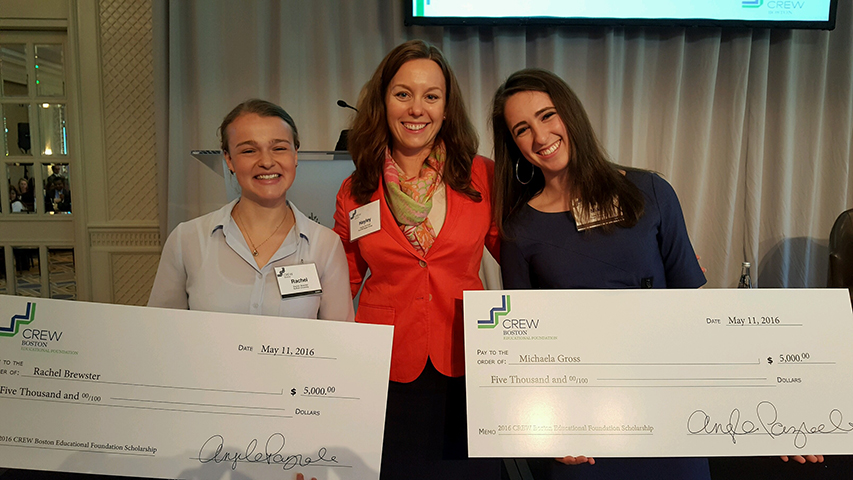CREW Boston's May luncheon at the Four Seasons featured John Barros, Boston’s first Chief of Economic Development. At this luncheon, CREW gathered a full house ready to hear about the opportunities, challenges, and future of development in Boston from the City’s perspective.
John dove headfirst into the state of Boston’s economy as it stands. The numbers tell part of the story - Boston’s economy is thriving, growing 3.7% from 2012 to 2013, compared to the U.S. average of 2.2%. Also between 2012 and 2013, the city added 12,000 new jobs. But as John noted, to keep Boston growing sustainably, the City has to prioritize. He shared some of those priorities with the attendees:
Close the disparity gap. While Boston is growing, that growth isn’t happening on the same scale for all Bostonians. Women currently make up the majority of the city, graduate at a higher rate than men, but still only make $.83 to the $1 that men make. Other ethnic minorities are affected similarly. When we create opportunities that serve men and women of all backgrounds, we’re helping create growth that’s sustainable for the long term.
Sell Boston nationally and internationally. There’s a reason that GE chose to move their headquarters to Boston. Boston is a hub of innovation and technology supported by some of the world’s leading educational institutions, and we have great conditions for doing business. For centuries, Boston has been where tough solutions are reached and cutting edge ideas are created, and we need to continue to market that success and vision for the future of the city to the rest of the world.
Connecting Boston’s talent. Chief Barros noted that currently, 72% of open jobs in Massachusetts require a high school degree, a stark contrast to the national average which hovers around 32%. Almost 40% of the Massachusetts workforce is employed in the innovation economy, but the high tech sector says they can’t find enough talent. For Boston to continue to grow sustainably, we need to help connect people to jobs that will provide them with a living wage and career growth. Mayor Walsh recently launched a plan to roll out tuition-free community college for BPS graduates which is one of the way the city plans to prepare Bostonians for work in thriving industries. Other ways will include creating more opportunities for women and people of color in high tech, which Chief Barros acknowledged will succeed with help from public-private partnerships with groups like CREW.
Citywide economic growth. Chief Barros recognized
Imagine Boston 2030, Boston’s first citywide plan in over 50 years, which seeks to create a framework to guide the preservation, enhancement, and inclusive growth of Boston between now and 2030. One key part of this plan is inclusive economic growth, which means strategic investment in neighborhoods across the city. Chief Barros talked about a few tactics the city is focusing on to reach this goal, including promoting new neighborhood innovation districts in areas like Dudley Square, Mattapan Square, and Fenway. When we can create an ecosystem where new, small, and established businesses can succeed, we’ll have better success with equitable growth across the city.
The key messages Chief Barros drove home were that of connectivity and inclusivity. What makes Boston great is its fabric of unique and diverse neighborhoods, businesses large and small, and industry that constantly challenges itself to innovate and improve. As we look towards the future, we need to be cognizant of how we can make that a reality for every Boston resident and business, which will determine our long-term success as a city.
